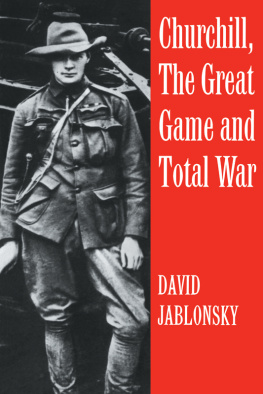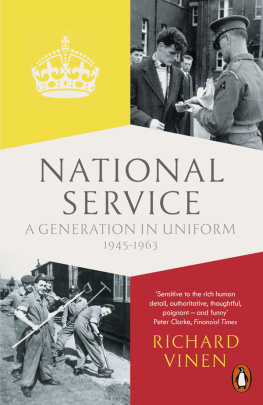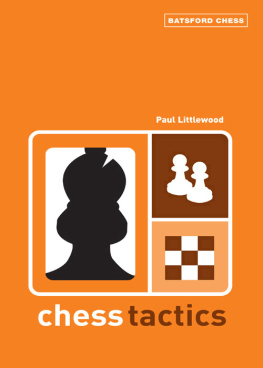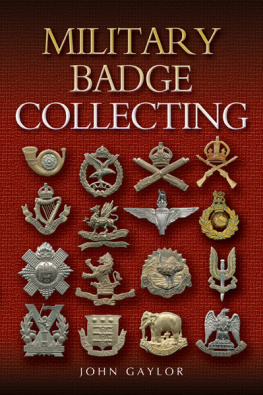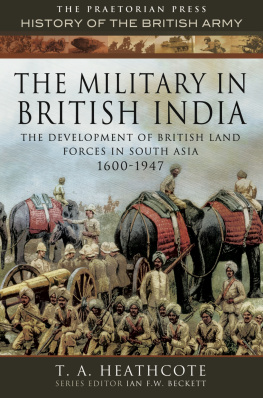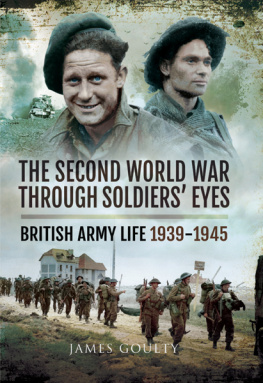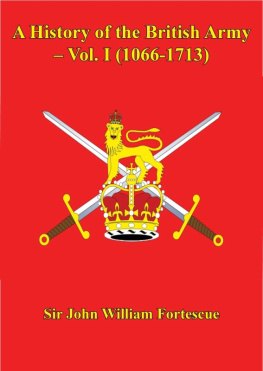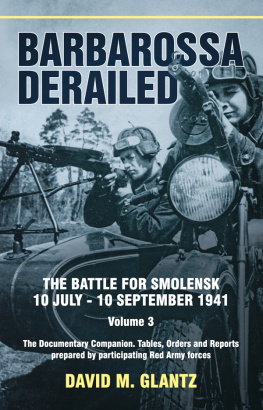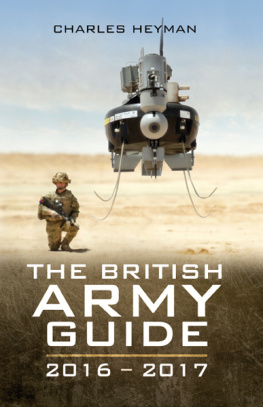
Military Service Tribunals and Boards in the Great War
While a plethora of studies have discussed why so many men decided to volunteer for the army during the Great War, the experiences of those who were called up under conscription have received relatively little scrutiny. Even when the implementation of the respective Military Service Acts has been investigated, scholars have usually focused on only the distinct minority of those eligible who expressed conscientious objections. It is rare to see equal significance placed on the fact that substantial numbers of men appealed, or were appealed for, on the grounds that their domestic, business, or occupational circumstances meant they should not be expected to serve. David Littlewood analyses the processes undergone by these men, and the workings of the bodies charged with assessing their cases, through a sustained transnational comparison of the British and New Zealand contexts.
David Littlewood is Lecturer in the School of Humanities at Massey University, New Zealand.
Routledge Studies in First World War History
Series Editor: John Bourne, The University of Birmingham, UK
The First World War is a subject of perennial interest to historians and is often regarded as a watershed event, marking the end of the nineteenth century and the beginning of the modern industrial world. The sheer scale of the conflict and massive loss of life means that it is constantly being assessed and reassessed to examine its lasting military, political, sociological, industrial, cultural and economic impact. Reflecting the latest international scholarly research, the Routledge Studies in First World War History series provides a unique platform for the publication of monographs on all aspects of the Great War. While the main thrust of the series is on the military aspects of the conflict, other related areas (including cultural, visual, literary, political and social) are also addressed. Books published are aimed primarily at a post-graduate academic audience, furthering exciting recent interpretations of the war, while still being accessible enough to appeal to a wider audience of educated lay readers.
For a full list of titles in this series, please visit https://www.routledge.com/history/series/WWI
Also in this series:
Aerial Propaganda and the Wartime Occupation of France, 191418
Bernard Wilkin
The Great War and the British Empire
Culture and Society
Edited by Michael Walsh and Andrekos Varnava
The Royal Flying Corps, the Western Front and the Control of the Air, 19141918
James Pugh
Military Service Tribunals and Boards in the Great War
Determining the Fate of Britains and New Zealands Conscripts
David Littlewood
Military Service Tribunals and Boards in the Great War
Determining the Fate of Britains and New Zealands Conscripts
David Littlewood
First published 2018
by Routledge
2 Park Square, Milton Park, Abingdon, Oxon OX14 4RN
and by Routledge
711 Third Avenue, New York, NY 10017
Routledge is an imprint of the Taylor & Francis Group, an informa business
2018 David Littlewood
The right of David Littlewood to be identified as author of this work has been asserted by him in accordance with sections 77 and 78 of the Copyright, Designs and Patents Act 1988.
All rights reserved. No part of this book may be reprinted or reproduced or utilised in any form or by any electronic, mechanical, or other means, now known or hereafter invented, including photocopying and recording, or in any information storage or retrieval system, without permission in writing from the publishers.
Trademark notice: Product or corporate names may be trademarks or registered trademarks, and are used only for identification and explanation without intent to infringe.
British Library Cataloguing in Publication Data
A catalogue record for this book is available from the British Library
Library of Congress Cataloging in Publication Data
Names: Littlewood, David, author.
Title: Military service tribunals and boards in the Great War: determining the fate of Britains and New Zealands conscripts / David Littlewood.
Description: Abingdon, Oxon [UK]; New York: Routledge, 2017. |
Series: Routledge studies in first World War history | Includes bibliographical references and index.
Identifiers: LCCN 2017027283| ISBN 9781138206601 (hardback: alk. paper) | ISBN 9781315464497 (ebook)
Subjects: LCSH: Courts-martial and courts of inquiryGreat Britain History20th century. | Courts-martial and courts of inquiryNew Zealand History20th century. | Military courtsGreat BritainHistory20th century. | Military courtsNew ZealandHistory20th century. | DraftLaw and legislationGreat BritainHistory20th century. | DraftLaw and legislationNew ZealandHistory20th century. | Conscientious objection History20th century. | World War, 19141918.
Classification: LCC K4754 .L58 2017 | DDC 343.41/0122dc23
LC record available at https://lccn.loc.gov/2017027283
ISBN: 978-1-138-20660-1 (hbk)
ISBN: 978-1-315-46449-7 (ebk)
Typeset in Times New Roman
by Deanta Global Publishing Services, Chennai, India
This book is dedicated to the individuals who engaged with the British and New Zealand exemption systems. While some of their sentiments may appear strange or even distasteful to a modern audience, they are surely best viewed as quintessentially human responses to a time of profound uncertainty. I only hope all those involved would agree with at least part of what I have to say.
Contents
The British Empire entered what would become known as the Great War on the assumption that it would be a war fought on terms of limited British military liability, in which the British contribution to the defeat of Germany would be naval and economic. This comfortable assumption rapidly unravelled. By the late spring of 1915, Britain had raised a mass army by voluntary means at the cost of considerable economic dislocation. The ad hoc expeditionary forces raised by Australia, Canada and New Zealand had already learned the true human costs of modern war on the battlefields of Flanders and Gallipoli. The establishment of a British Ministry of Munitions, in the wake of the shell scandal, presaged the move to a war economy. Manpower, a word coined in 1915, became central to the political, economic and military agenda. And at the heart of the manpower question was the spectre of conscription. In Britain it was eventually realised that it was not only impossible but also unfair to conduct a modern, industrialised war without the ability to compel some men to serve and to prevent others from doing so. Within a year, conscription was fully established and without the political and social upheaval that many had feared. New Zealand followed in August 1916, again with comparatively little political or public disquiet. But in Australia conscription was rejected after two bitter and divisive referendums, in October 1916 and NovemberDecember 1917. The Canadian Prime Minister Robert Borden forced conscription through Parliament in August 1917, but at the cost of considerable opposition, some of it violent.
Britains liberal values and voluntarist tradition were recognised by the possibility of conscripted men applying for exemptions from military service. These values were shared in New Zealand. Both countries established systems to assess objections. The British system was based on service tribunals and the New Zealand system on service boards. The grounds for exemption were not the same in both countries and the British system was much less centralised than that of New Zealand. Tribunals and boards have not had a good press, and have often been portrayed as engines of military oppression, treating objectors with contempt and prioritising the need for soldiers above all else. This view stems in part from the focus on applications for exemption from military service on grounds of conscience. As David Littlewood shows in this most welcome, innovative and perceptive study, conscientious objectors, both on grounds of religion, and even more so on grounds of politics, were harshly treated in both countries and widely derided by the general public. This has led to neglect, until recent times, of the economic nature of most claims for exemption in both countries, claims often made not only by individuals but also by their employers. Dr Littlewood shows convincingly that the tribunals and boards, and especially the tribunals, operated far more leniently than has often been thought as they attempted to balance the needs of the armed forces, the economy and not least the locality.



